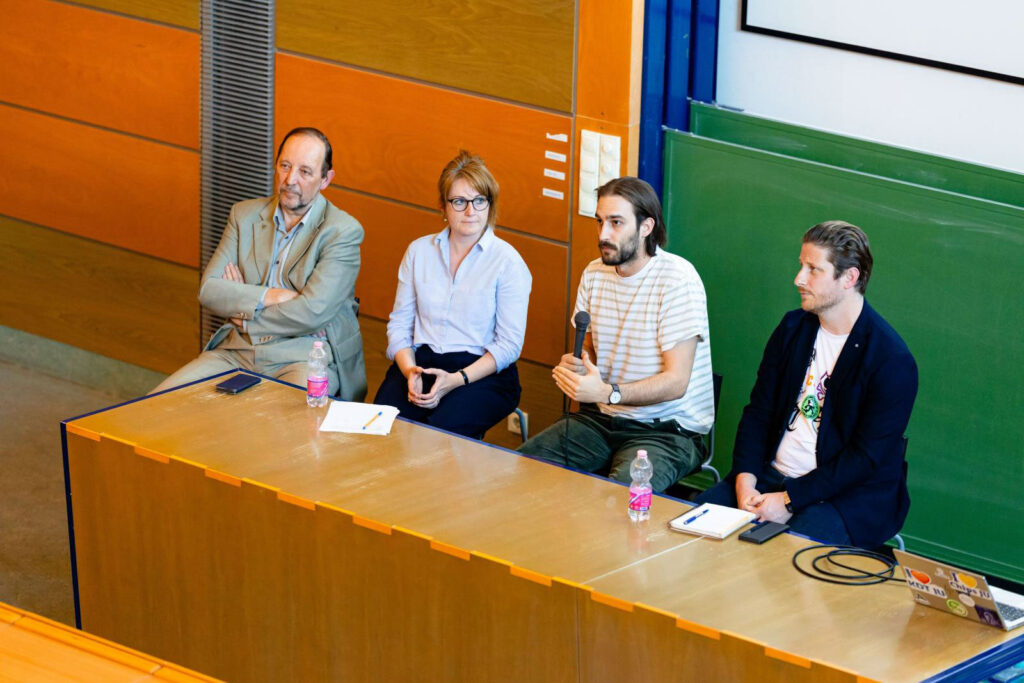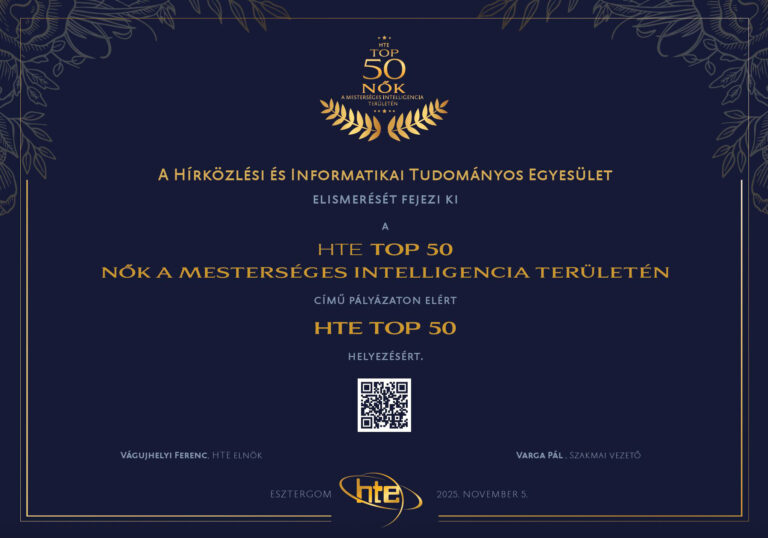I am deeply intrigued by the processes and organizational characteristics of teaching in higher education. Specifically, I am interested in how to teach effectively, what constitutes a good education, who it benefits, and why. The integration of Artificial Intelligence (AI) in higher education also captivates me, especially concerning how instructors and researchers should, can, and may ethically use it in teaching and learning contexts. This interest is further piqued as the institute I lead oversees the foundation and master’s programs in human resource counseling at ELTE, and HR is an area where AI is making significant strides, akin to higher education. The integration of AI into higher education, whether at the course or program level, is not without its challenges. It’s no coincidence that the EU’s artificial intelligence regulatory package categorizes education and employment, human resource management as high-risk systems.
As I prepared for my contribution at the “AI in higher education” roundtable discussion organized by the Budapest University of Technology and Economics (April 2024), I read Helen Beetham’s blog with interest and admiration. Here is a quote from her which I also used at the event: “More automation actually makes work routines more standardized and more boring, for the people still left to do them. In the case of learning in particular, it is not easy to know what this enhanced productivity is buying you, unless it is more time to earn the money you need to pay for your learning (…) Isn’t time to read, write, learn and think precisely what education is supposed to be buying you?” (Beetham, 2024)
From this arises the teaching and research dilemma, illustrated firstly by Helen Beetham’s quote, highlighting the importance of time allocated for learning and critical thinking against the backdrop of hyper-productivity and the pressure for efficient time management leading to excessive, irresponsible, unethical use of AI. Secondly, it is accentuated by a study of Ng et al. from 2023, essentially supplementing existing digital teaching competencies with the ability to convey AI literacy – suggesting that mastering or at least understanding this aspect will become indispensable for educators in the future.
So, does this then mean that academic developers should more intensively engage with AI use and its implications for teaching?




